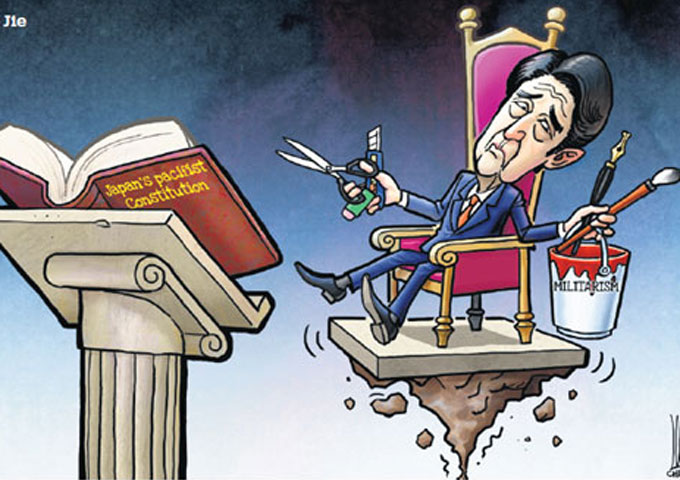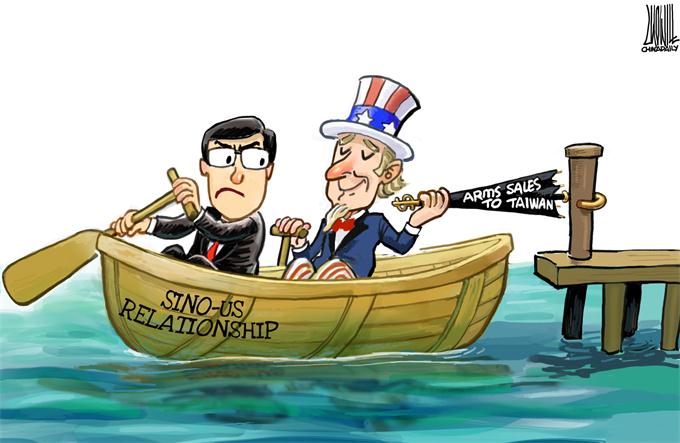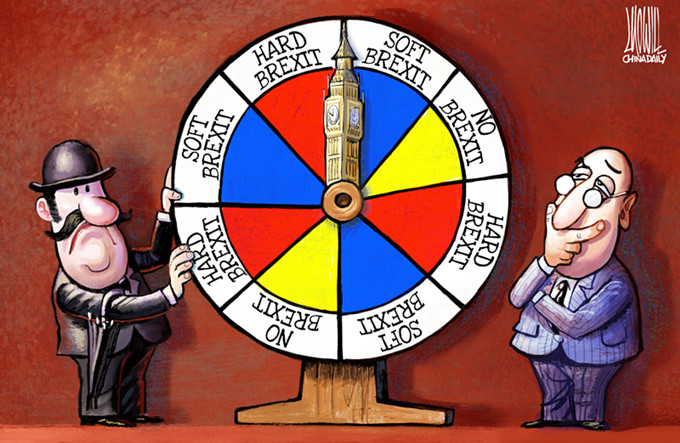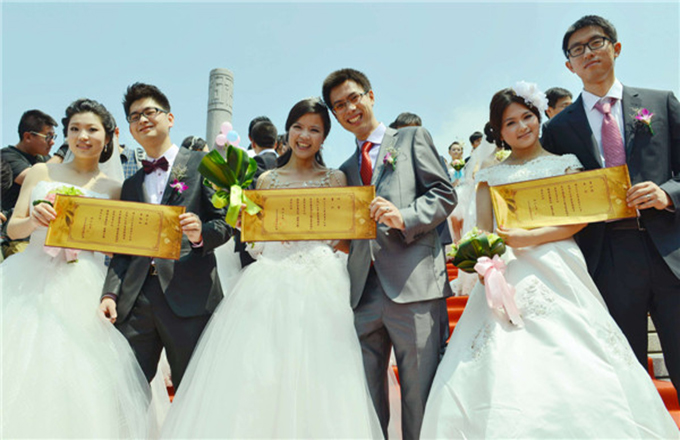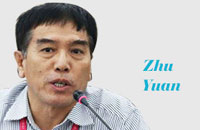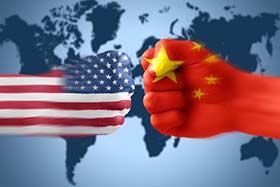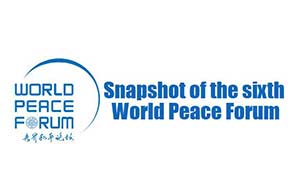EU's report on counterfeit goods simply reveals its bias
A 74-PAGE REPORT by Europe's police agency and the EU Intelligence Property Office claims the Chinese mainland and the Hong Kong Special Administrative Region "were the provenance of 86 percent of global counterfeiting and $396.5 billion worth of counterfeit goods" in 2015. People's Daily comments:
In the past two months, China's C919 passenger plane successfully completed its first trial flight; its first high-speed train, with intellectual property rights completely belonging to China, has been put into operation between Beijing and Shanghai; and the first of a new type of destroyer was successfully launched in Shanghai.
These achievements, though nothing new for developed countries, are milestones in the development of the high-end manufacturing industry in China.
It is a pity the EU still sticks to an outdated view of China, and it is willing to turn a blind eye to China's progress and efforts in this regard.
Besides, the authenticity and objectivity of the data used in the report have to be questioned.
China is one of the countries that has suffered the most from sham and shoddy commodities and intellectual property rights infringements. The Chinese government is paying a lot of attention to stamping out counterfeit goods and IPR violations in imports and exports, and has strengthened its supervision in such areas. Chinese customs statistics indicate the IPR infringement cases it investigated among China's imports have grown at 10 percent a year on average.
Three specialized intellectual property courts have also been set up in Beijing, Shanghai and Guangzhou, to improve intellectual property rights protection.
As the world's second-largest economy that desperately seeks industrial upgrading and economic restructuring, China has made unwavering efforts to bolster its innovation capability and strengthen its IPR protection.
A large number of startup bases and innovation incubators have appeared across the nation. It is an irreversible trend in China that its labor-intensive industries are rapidly transforming to intelligence-intensive industries.




